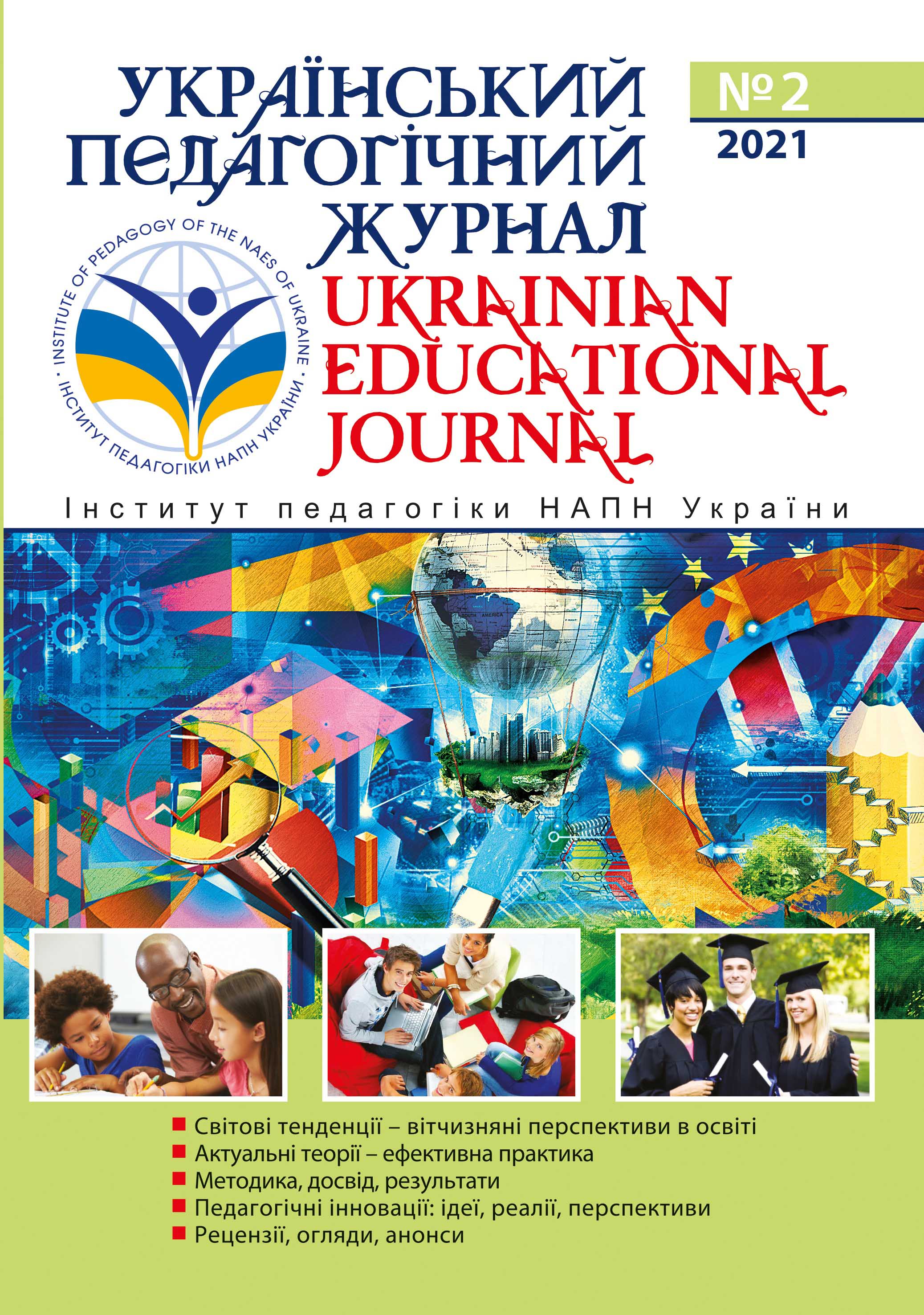Abstract
The article, based on a theoretical analysis of a number of publications in modern editions, as well as publications and archival materials of the period, provides recommendations for the use in modern conditions of experience in development of technical creativity of children and youth in educational institutions in Galicia (1900-1939). The main normative legal acts regulating the development of competencies of students in the field of technology are described. Factors that have a negative impact on the development of technical creativity in educational institutions are identified. The topicality of the development of children's technical abilities is substantiated, in particular, for the training of highly qualified competitive staff of the scientific and technical branch in educational institutions of state. The main directions of improving the content, forms and methods of organizing the technical creativity of student youth are highlighted. The role of technical education of students in reforming the education sector, which is based on the concept of the New Ukrainian School and STEM-learning, the basic concepts of which are that the child must not only learn theory but also learn how to think critically, acquire the necessary knowledge (based on integration of subjects) and use them in life. Variants of introduction of elements of technical creativity in educational process are described. The psychological and economic aspects of the researched problem are covered. The necessity of introduction of various forms of the organization of training of pedagogical workers of educational institutions of the theory and technologies of technical creativity is argued. Conclusions about the effectiveness and efficiency of the attempts of Galician teachers in the field of development of technical creativity are made. A number of recommendations have been developed, the application of which will promote the intensification of children's creative activity, improvement of educational programs and the progress of technical education in general. Prospects for further research are shown.

This work is licensed under a Creative Commons Attribution-NonCommercial-ShareAlike 4.0 International License.
Copyright (c) 2021 Олег Колодійчук, Василь Гайда

